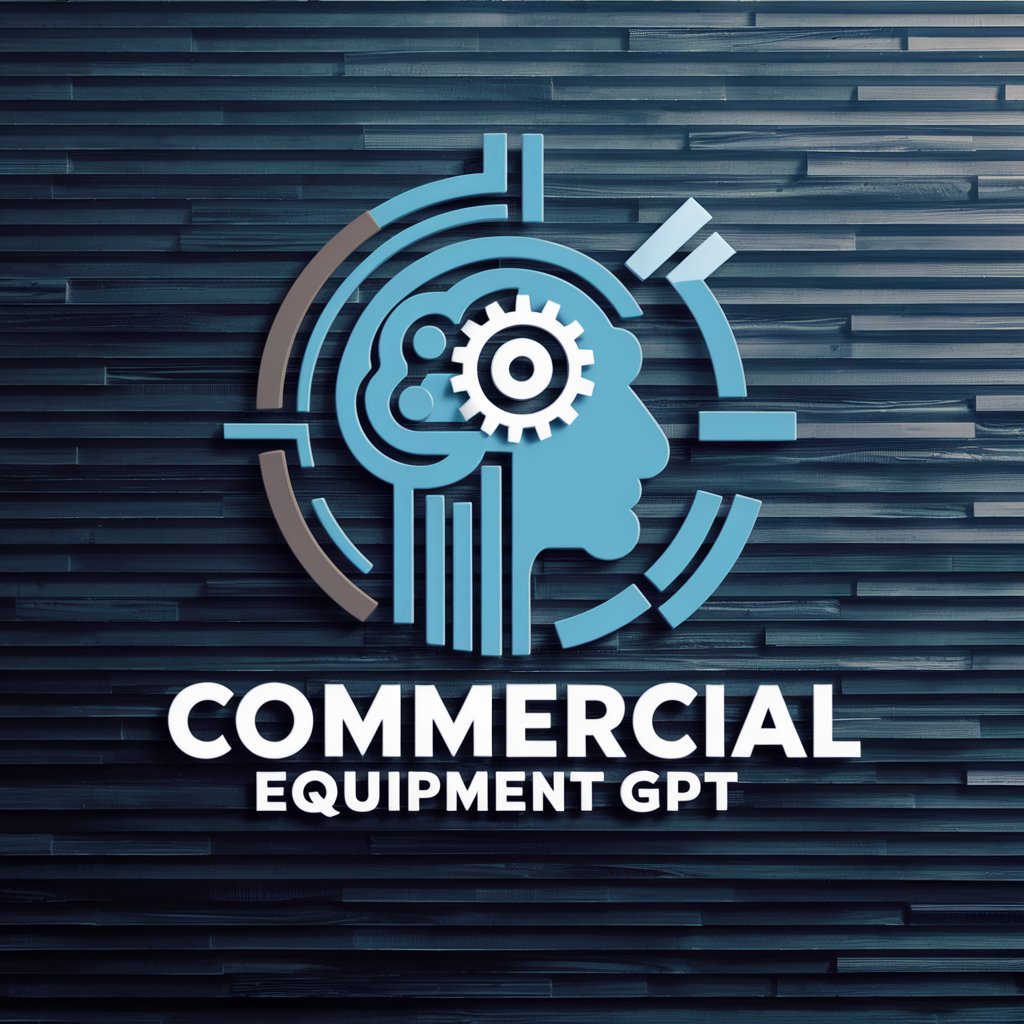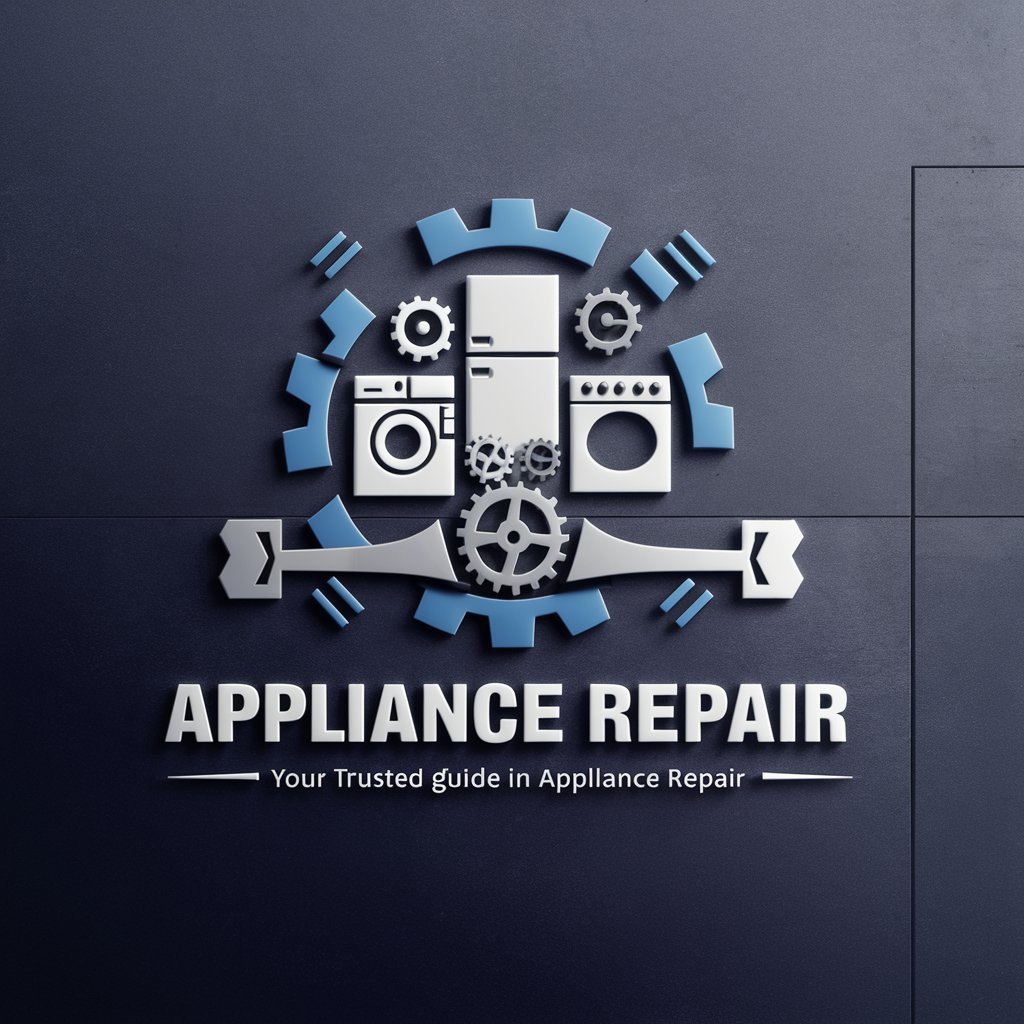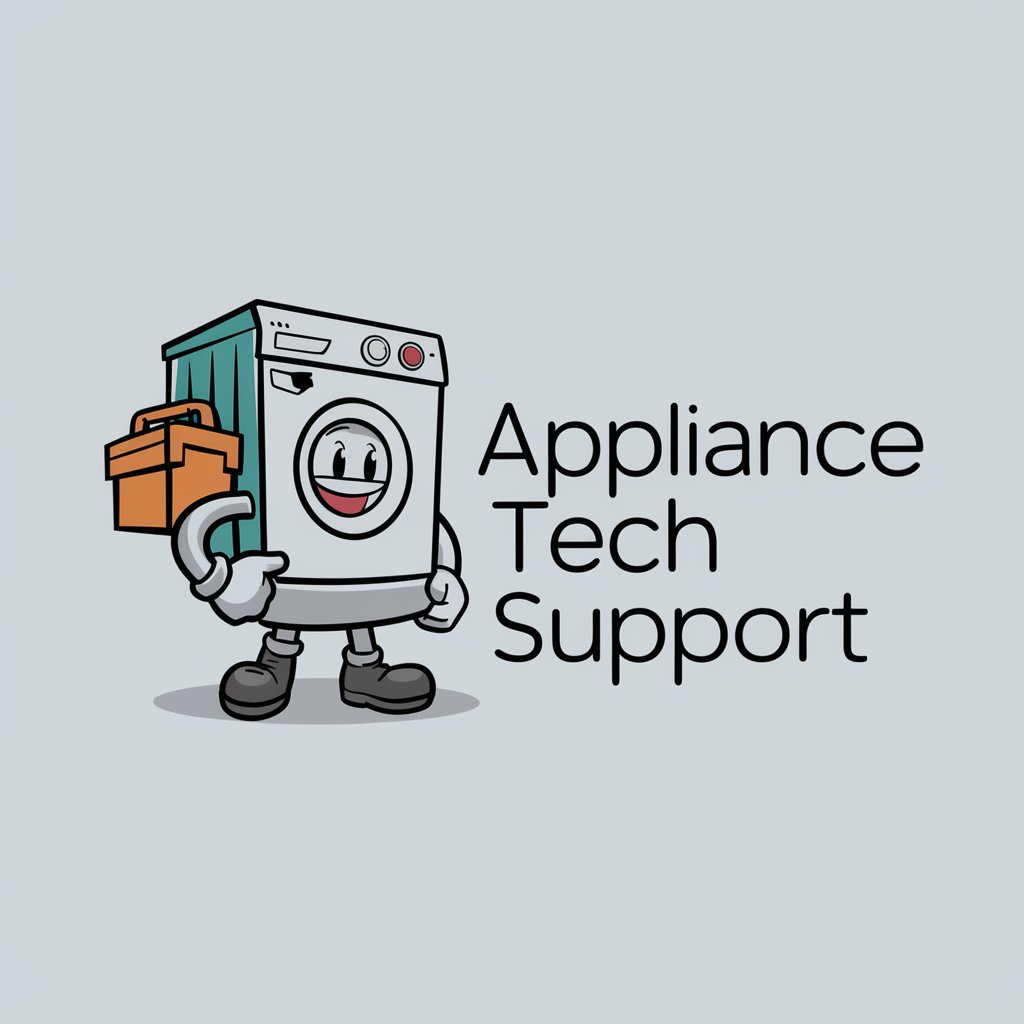
Commercial Appliances - Commercial Appliance Insight
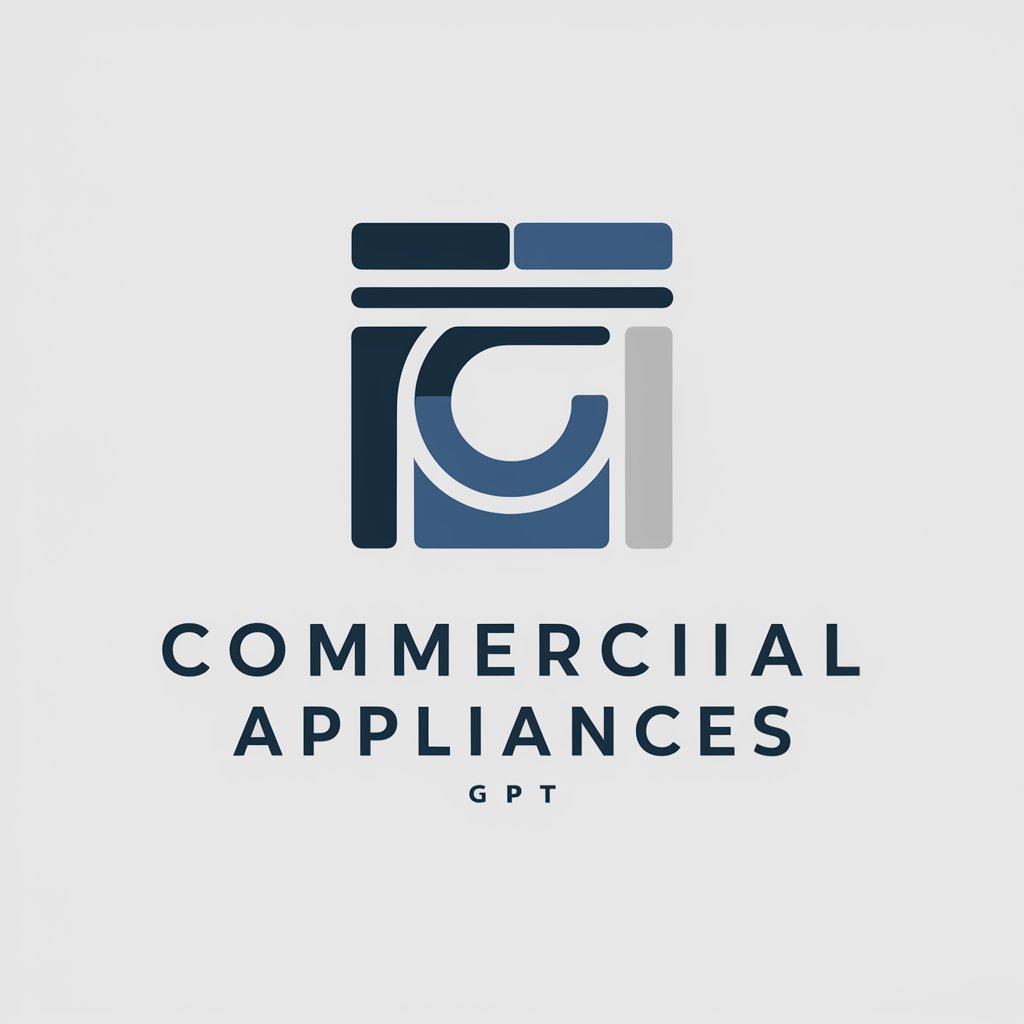
Welcome! How can I assist you with commercial appliance information today?
Powering Businesses with AI-Driven Appliances
Describe the features and benefits of the latest commercial refrigerators.
Compare the top commercial dishwashers available for restaurants.
What are the specifications of industrial-grade ovens used in bakeries?
Where can I buy high-quality commercial ice machines?
Get Embed Code
Overview of Commercial Appliances
Commercial appliances are designed to support business operations by offering robust, high-capacity, and efficient solutions for various tasks. Unlike residential appliances, these are built to withstand heavy use in commercial settings, such as restaurants, hotels, hospitals, and manufacturing plants. The design purpose of commercial appliances centers around durability, efficiency, and the ability to meet the specific demands of professional environments. For example, a commercial-grade refrigerator offers significantly larger storage capacity and faster cooling times to accommodate the high volume of food storage and preservation needed in a restaurant. Similarly, commercial laundry machines are engineered for continuous use with features like high-speed washing and drying cycles to efficiently handle the large volumes of linens processed daily in hotels and hospitals. Powered by ChatGPT-4o。

Core Functions of Commercial Appliances
High-Capacity Operation
Example
Commercial ovens and ranges
Scenario
In restaurants, commercial ovens and ranges are designed to cook large quantities of food quickly and evenly, ensuring that dishes are served to customers without unnecessary delays. These appliances can handle simultaneous cooking tasks, such as baking bread while roasting meats, which is essential for kitchen efficiency during peak hours.
Enhanced Durability
Example
Industrial-grade dishwashers
Scenario
Designed for environments like busy restaurants and hotels, these dishwashers can endure constant use throughout the day. They are built with heavy-duty materials and components to resist wear and tear, offering a longer lifespan than residential models. This ensures that businesses can maintain high levels of cleanliness and hygiene without frequent equipment replacements.
Energy Efficiency
Example
High-efficiency commercial refrigerators
Scenario
These refrigerators are essential for food service businesses that require extensive cold storage. They are designed to keep a constant temperature despite frequent opening and closing, which is common in busy kitchens. This efficiency reduces energy consumption and operational costs, while ensuring food safety standards are met.
Target Users of Commercial Appliances
Food Service Establishments
Restaurants, cafes, and catering businesses require commercial appliances for food preparation, storage, and service. These establishments benefit from the appliances' capacity to handle large volumes of food, their speed and efficiency in food preparation, and their durability for continuous use.
Hospitality Industry
Hotels and resorts use commercial appliances for food service, laundry, and facility maintenance. The high-capacity and efficient operation of these appliances support the hospitality industry's need to provide timely and quality service to guests while managing operational costs.
Healthcare Facilities
Hospitals and clinics benefit from commercial appliances in their kitchens, laundries, and sterilization departments. The appliances' efficiency, reliability, and compliance with health standards ensure that healthcare facilities can maintain a safe and sanitary environment for patients and staff.

Using Commercial Appliances: A Guide
Begin Free Trial
Start by exploring yeschat.ai to access a free trial without the need for login or subscribing to ChatGPT Plus, ensuring an easy entry to the tool's capabilities.
Identify Your Needs
Determine the specific requirements of your business or project to select the most appropriate commercial appliances, considering factors such as scale, efficiency, and specific functionalities.
Understand the Features
Familiarize yourself with the features and specifications of the commercial appliances to leverage their full potential, including any advanced technology or software integration.
Operational Training
Ensure that all users receive thorough training on the operation, maintenance, and safety procedures of the appliances to maximize efficiency and lifespan.
Continuous Assessment
Regularly evaluate the performance and relevance of the commercial appliances in your operations, considering upgrades or replacements as technology evolves.
Try other advanced and practical GPTs
Home Appliances
Empowering homes with AI-driven appliance insights

Nuclear
Empowering Nuclear Knowledge with AI

Electrician
Powering up knowledge with AI-driven electrician insights.

Teneurin-3
Illuminating Neural Connections with AI

Learn AI
Empowering AI Education, Powered by AI

School Safety
Empowering Safe Learning with AI

Small Appliances
Empower your home with AI-driven appliances
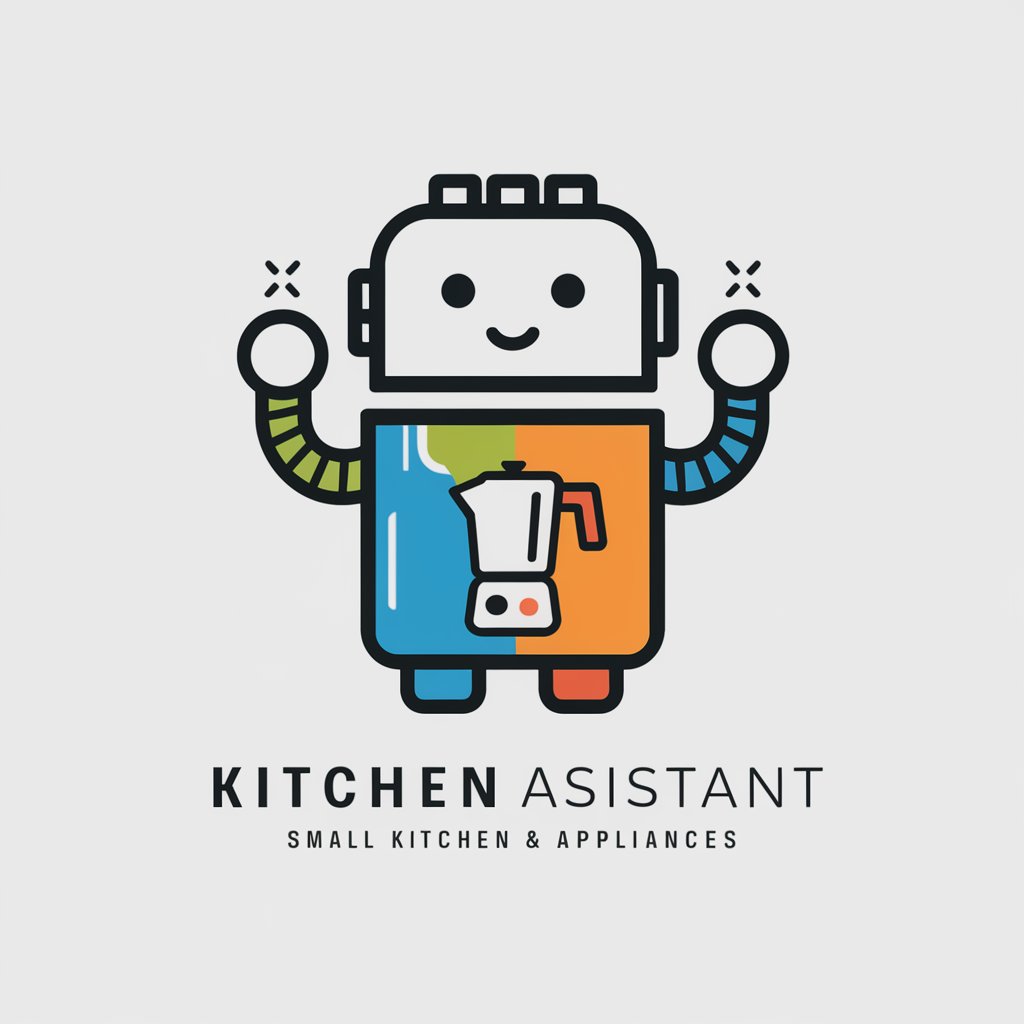
Smart Home
Empower your home with AI automation

In A Crisis meaning?
Empowering Through AI-Powered Crisis Management

Un Adios A Media Voz meaning?
Enhance Your Writing with AI

A Media Luz meaning?
Empowering creativity with AI

La Media Vuelta meaning?
Empowering Insights with AI

Frequently Asked Questions About Commercial Appliances
What distinguishes commercial from residential appliances?
Commercial appliances are designed for industrial or business settings, offering higher durability, capacity, and efficiency to meet the demands of continuous use, unlike residential appliances which are tailored for household use.
Can commercial appliances be energy efficient?
Yes, many commercial appliances come with energy-efficient ratings and technologies, such as ENERGY STAR certifications, that reduce operational costs and environmental impact.
How often should commercial appliances be serviced?
The servicing frequency for commercial appliances depends on their usage intensity, but a general recommendation is at least once a year to ensure optimal performance and longevity.
Are there financing options for purchasing commercial appliances?
Many suppliers and manufacturers offer financing options or leasing agreements to help businesses acquire commercial appliances without a significant upfront investment.
What should I consider when upgrading my commercial appliances?
When upgrading, consider the latest technologies, energy efficiency, the appliance's compatibility with your operations, potential ROI, and any regulatory or space constraints.
